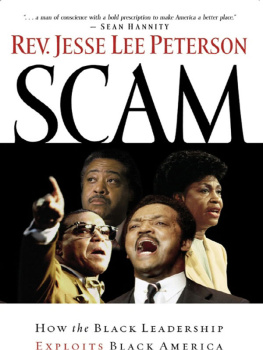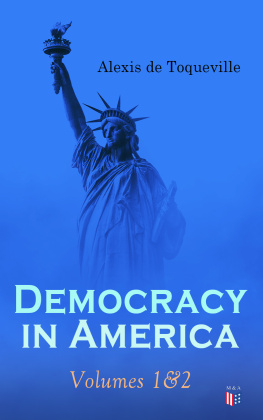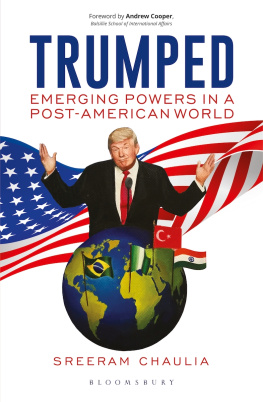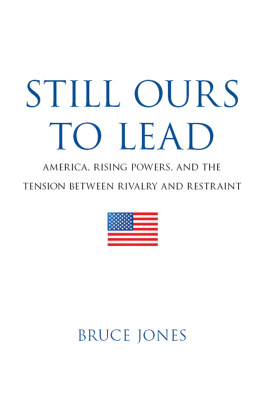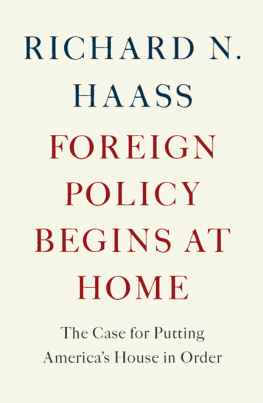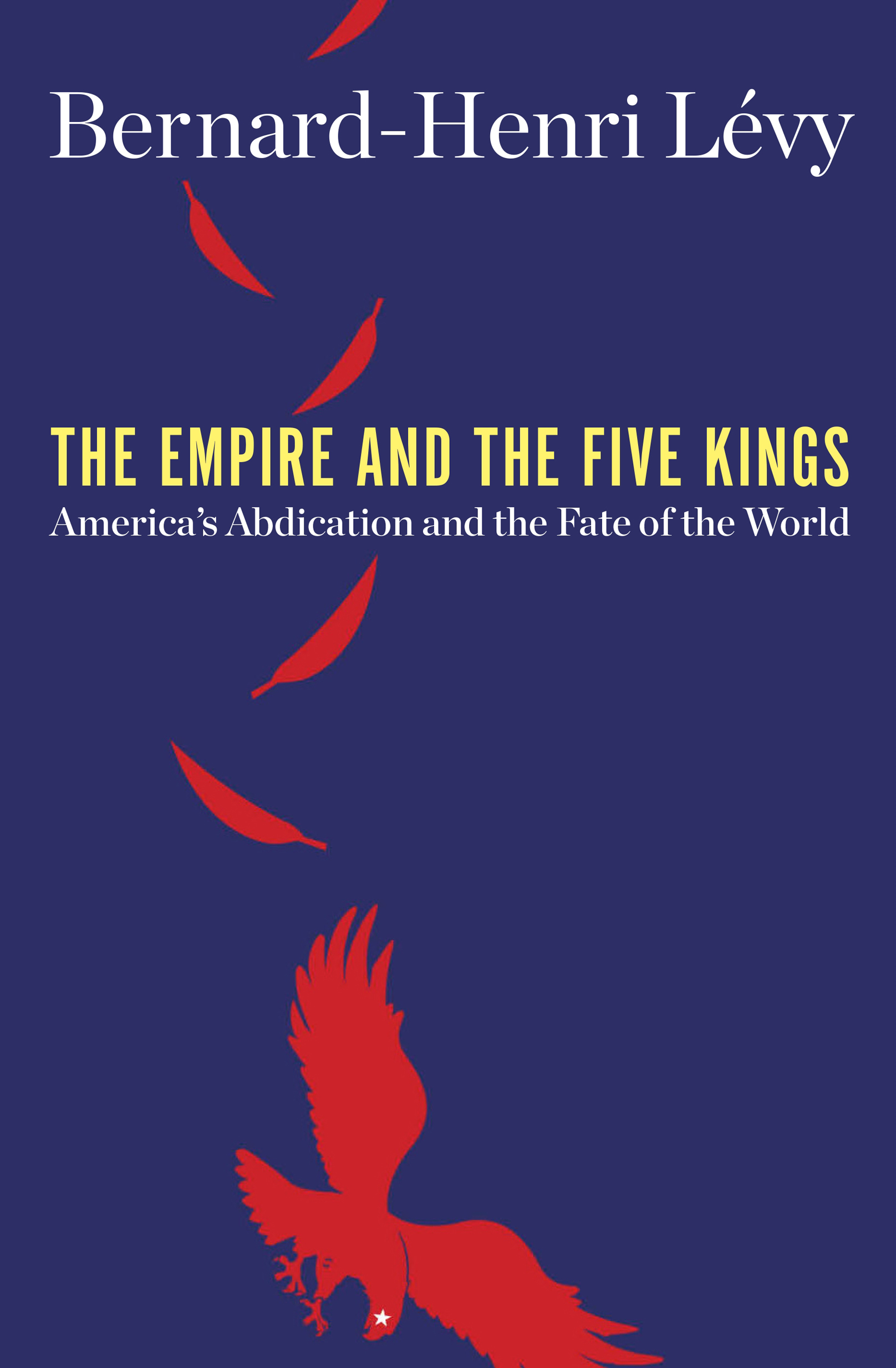The author and publisher have provided this e-book to you for your personal use only. You may not make this e-book publicly available in any way. Copyright infringement is against the law. If you believe the copy of this e-book you are reading infringes on the authors copyright, please notify the publisher at: us.macmillanusa.com/piracy.
W hen I review the reasons why, at this stage of my life, I poured so much energy into the cause of the K urds and K urdistan, this is what comes to mind.
The justice of the fight, of course.
The greatness of this people, whose claims to self-government are so much more solid than those of so many others in the region.
I am not a fanatical believer in nation-states. But the least one can ask of the world is that it be consistent in its principles. There exists in the Middle East a state, Syria, that emerged from the decisions of a Franco-British diplomatic duo whose job was to divide the spoils of the Ottoman Empire. The same dignity has been conferred on another lethal fiction with no true identity, Iraqand this exemplifies the logic of cold-blooded monsters. But in the Kurds we have a people possessing solid and long-standing grounds for asserting their rights. A great people who have paid for their determination to endure with a mountain of suffering rare in human history. Should they be told that they are not a people, are superfluous, and lack standing to demand the independence that, for more than a century, has been the dream and the glory of their fathers? This, to me, violates the notion of the most basic fairness.
Next, there is the debt they are owed. The indelible debt that the world owes to the only armed force that, when ISIS appeared and the region was frozen stiff with terror, dared fight it face-to-face. It was because I was aware of this debt that I, with a small band of friends, came to the region between July and December 2015 to shoot a documentary film, Peshmerga, along the six-hundred-mile front that the Kurds were holding, alone, against the fanatics of the Islamic State. It was because I was aware that these men and womenthe Peshmerga includes battalions of womenwere the first line of defense not only of Kurdistan but of the world, that I left Europe again in November 2016, on the first day of the fight for Mosul, to make a second documentary, The Battle of Mosul, about the liberation of the most important city of the Caliphate. And it was for the same reasons that I personally promoted these films wherever anyone was willing to show them, that I brought the first of them to the very symbolic great hall of the United Nations building in New York and to the hallowed dome of Congress in Washington, and that I lived those two years in step with the Peshmerga and their aspirations. These fighters were sentinels against barbarism, the worlds outposts and shields. The film crew and I deemed it essential to be the witnesses of that.
Another of the reasons for my commitment is the fight for an enlightened Islam, which, as I grow older, I realize has been one of the major concerns of my life. At age twenty, it led me into the rice paddies of Bangladesh; then, forty years later, into the Libyan desert. It took me into Commander Ahmad Shah Massouds Afghanistan in defense of the Dari people, the heirs of Rumi, Hafez, and The Roses of Ispahan. Into the Pakistan of the torturers of Daniel Pearl and of those who, from Lahore to Karachi, mourned him as a brother. It had previously plunged me into Sarajevo and held me there for the nearly four years of the Serbian war, where the Islam of tolerance and peace was inspiring the Bosnian resistance fighters and their leader, Alija Izetbegovi. It brought me back to Algeria, the land of my birth, at a time when illiterate emirs were sowing terror and the men and women who were resisting the deadly poison of Islamism (sometimes from outside the faith but more often from within it) needed ideological ammunition and encouragement. It was only logical that the same battle, the same desire to make a difference in the war of civilizations that pits the Islam of the learned against the Islam of the assassins should guide me one day into the mountains where the Kurds put their faith in democracy and law, in equality of women and men even on the field of battle, in secularity, in the diversity of faith, and in the sacred obligation to protect Christians, Yazidis, Shiite Muslims, and Jews.
Abiding with me during those seasons spent with the Kurds was a preference for the tangible, which, since my university days, I have always viewed as the most reliable guardrail against systemic thinking, the fatal temptation of those enamored of thought. The phenomenology of Edmund Husserl; Jean-Paul Sartres affection for the substance of things; and Polybius, the historian on horseback, present at the siege of Carthage, who thought, like Heraclitus, that the eye is greater than the ear, that an autopsy is always more valuable than a testimonial, and that, to write history, it is best to have lived at least a little of it. Polybius, who, as we were taught in the elite French preparatory classes of the last century, had but one adversary to whom he devoted an entire volume of his Histories: the illustrious Timaeus, whose work has been lost but whom Polybius viewed as the prototype of the recumbent historian, the bookworm, the library rat, who never faced danger or fatigue while compiling the stories of others. I was on Polybiuss side at the time. And when I decided early on to witness the living theater of mans cruelty with my own eyes whenever possible, I was thinking of Polybius as much as I was of Ernest Hemingway, of the Russian novelist and war correspondent Vasily Grossman, or of the photographer Lee Miller. Nearly a half century later, I have not changed my mind.
And finally there is the taste for distant adventures that, like my preference for the tangible, grew with me into adulthood and accounts for the fact that I have never been able to rank a thinker, however fertile his mind, above the type of writer that a great French resistance fighter, Roger Stphane, called the adventurer in a short work, Portrait de laventurier (with a preface by Jean-Paul Sartre), that was one of the breviaries of my generation. For me, those adventurers include, once again, strategists such as Polybius, who was said to be an expert in encrypting signals and could calculate the exact height of the ladders needed to scale a fortress from the shadows its walls cast on the ground; men of action like T. E. Lawrence, who brought his mad conquest to a culmination in the monument of sand and dreams that was The Seven Pillars of Wisdom; the Hemingway of By-Line; writer-combatants like George Orwell in Catalonia or Andr Malraux in his Latcore airplane in Spain or Romain Gary in his Boston bomber of the Lorraine squadron; writer-mercenaries like Xenophon, who put his art of war to work for Cyrus the Great and who, from the protracted retreat of the Ten Thousand, drew the material for that bible of lost causes that is Anabasis; the ascetic Byron of Missolonghi; and the splendid Maurice de Saxe, who was regaled with a great play drawn from the repertory and mounted in his campaign theater on the eve of his victories at Prague and Fontenoy, and who gave the very Rousseau-like title of



